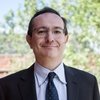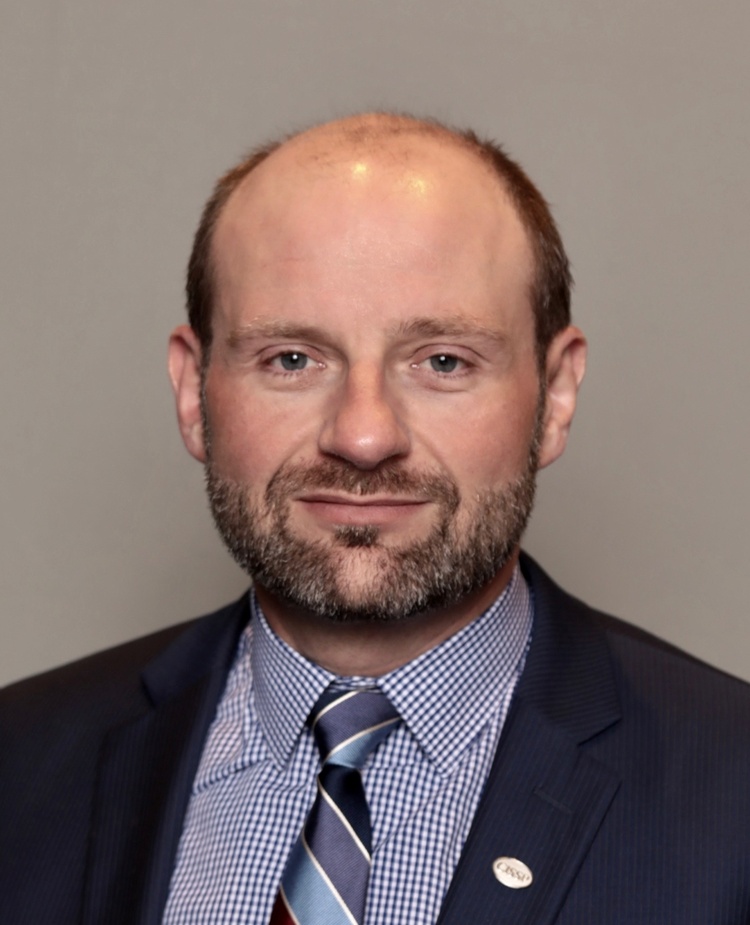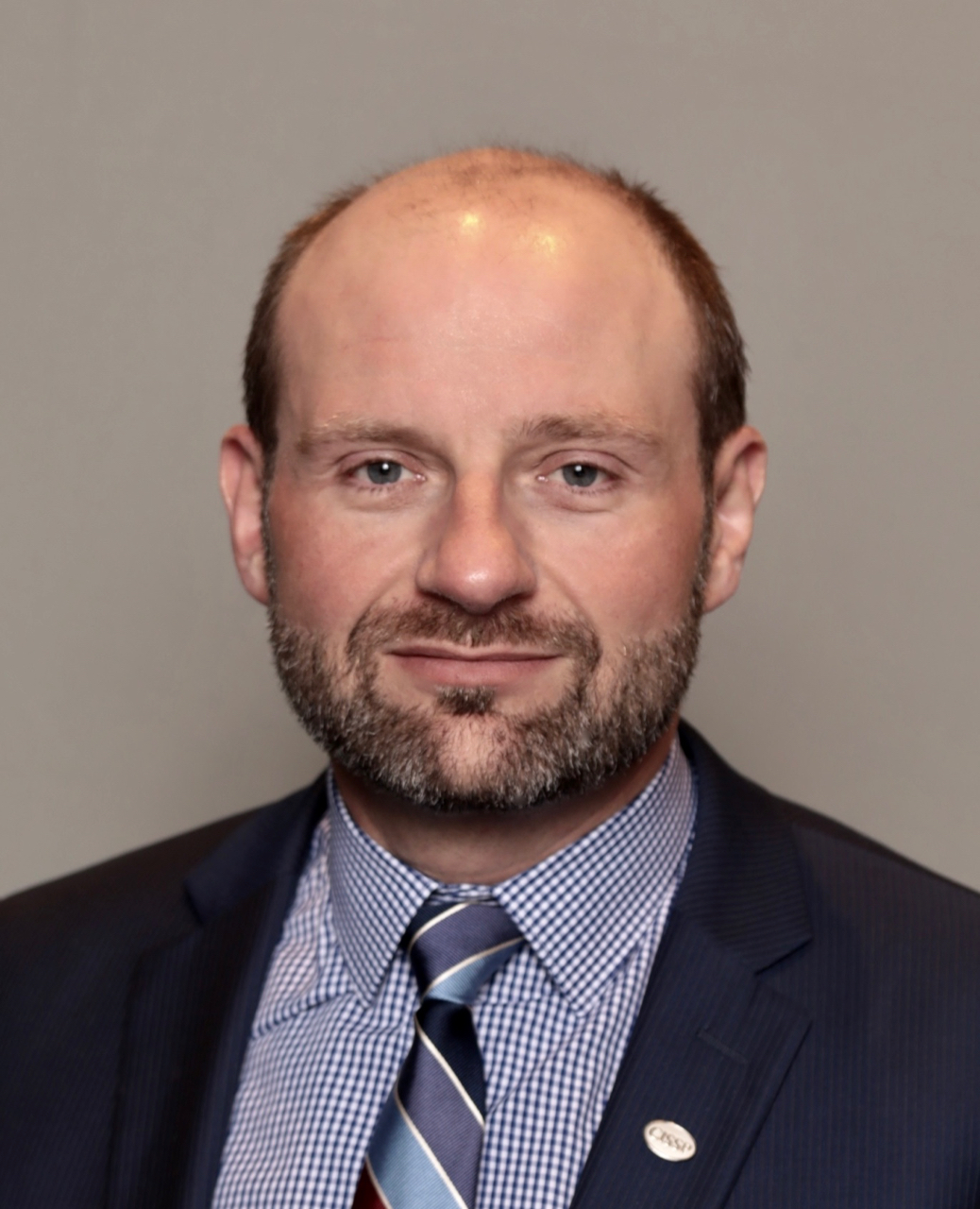These are the words of Tony Vizza, one of Australia’s leading cyber security experts and head of Cyber Security Advocacy in the entire Asia-Pacific region for (ISC)², a not-for-profit association of certified cyber security professionals with over 160,000 members across the globe.
The internet, social media and the digital world at large have become even more present in our lives during the coronavirus pandemic, with the transition to remote working and online shopping.
But a greater digital presence doesn’t always translate into a greater awareness of the risks and dangers that all those who surf the internet face.
“I promote the concept of cyber safety, advocating for the opportunity that a career in cyber security offers and ensuring that individuals, government and organisations function in a cyber safe way,” Vizza says.
Vizza has also been named an ambassador for cyber security by the New South Wales government and is a board member for the Australian Information Security Association (AISA), an organisation advocating for cyber safety and security for Australians, with over 7000 members across the nation.
AISA and (ISC)² work closely together to improve cyber security in Australia and around the world.
Vizza’s involvement in the world of information technology began very early, but his decision to pursue a career in cyber security came much later.
“I started using computers when I was seven years old, back in 1986,” he says.
“Our school had one computer and the teacher asked if anyone knew how to use it.
“I had no idea but immediately shot my hand up and said, ‘I do!’
“That made me the school ‘computer monitor’ and since then, my passion for computers has never stopped.
“I won the Computer Studies medal at my school in Year 12, at Waverley College in Sydney, and went on to complete a Bachelor of Science in Computer Science at the University of Technology, Sydney.
“I always knew that computers and IT would feature very prominently in my life, but I didn’t settle on a career in cyber security until 2014.
“I was completing an Executive MBA through the University of Sydney and was working on a project with a company called Symantec in San Francisco.
“I understood how critical cyber security would become and when I returned home, I decided to dedicate significant efforts into building my cyber security knowledge.”
Vizza became certified as a CISSP certified cyber security professional first, then pursued a number of additional certifications including the CISM, CRISC, and CCSP, and also became an ISO 27001 Senior Lead Auditor.
He recently became certified as a privacy professional, earning his CIPP/E (Europe) accreditation, and he’s halfway through studying a Juris Doctor Law degree at the University of New South Wales in order to branch out into cyber law in the future.
Vizza’s exciting career has led him to hold one of the most important positions in the cyber security sector in Australia.
“The biggest challenge is managing the rapid pace of change within cyber security and IT,” he explains.
“For example, much of what I learned at university 25 years ago is simply no longer relevant.
“Why? Your smartphone has over 100,000 times the processing power of the computers used by the Apollo missions, which of course put humans on the Moon.
“Ensuring your knowledge, skills and abilities are sharp, relevant and useful is always a challenge.”
Vizza comes from a family that immigrated to Australia relatively recently, and is very proud of his origins.
“I was born in Australia, but my parents had recently arrived,” he says.
“They both come from the Cosenza area, in Calabria.
“When I was in Italy in 2013, I visited the local town hall and they were kind enough to give me access to the census books dating back to 1803.
“I found the details of many of my father’s ancestors dating back to then.
“On my mother’s side, there’s also some French heritage, from Marseiile, going back a few hundred years.
“My father arrived in 1968 as a sponsored migrant.
“He was supposed to have settled in Melbourne but through a quirk of fate, he ended up in Sydney instead.
“He tells me that Australia back then was a very different country from what it is today and was a vastly different place from what he’d left behind in Italy.
“He relied on the Italian community in the early years and, despite hardships and language barriers, he was able to lead a successful career as a tradesperson.
“He was a painter/decorator and built his own house; even today in retirement he gets his hands dirty.”
On the other hand, Vizza’s mother arrived in Australia in 1977.
“Dad went back to Italy to visit his family and while there he met my mother,” Vizza says.
“He then somehow managed to convince her that getting married to him and travelling half a world away was a great idea.
“It wasn’t long after that that I showed up.”
Vizza has strong ties to his heritage and has travelled to Italy on numerous occasions.
“My most recent visit was in 2013 and I came back to Australia with a profound appreciation for my roots,” he says.
“Florence, particularly, was a city that I felt at home in.
“I have family all across Italy but particularly in Calabria, Piedmont and Rome.
“My parents taught me to speak Calabrese so whenever I visit family, I speak to them in dialect, and they marvel that I can speak it.
“When I was visiting Florence, I insisted on speaking standard Italian wherever possible and was disappointed to find many of the locals defaulting to English to help practise their own language skills, which I can understand entirely.
“One lady, however, asked me to keep speaking Italian.
“She said that I spoke Italian the same way news readers from old news reels spoke Italian back then, and that listening to me speak was a time warp for her!”
In addition to his professional commitments, Vizza has a beautiful family and many hobbies.
“My partner and three children are the core of my being, so much of my free time away from work involves science experiments, reading books to the kids, kicking a ball with them or taking the family out and about wherever possible,” he concludes.
“I enjoy bushwalking, reading and swimming and also get involved in community initiatives such as local activism, coaching soccer teams and volunteering to help everyday Australians understand more about why privacy and cyber security is critical to them.”












